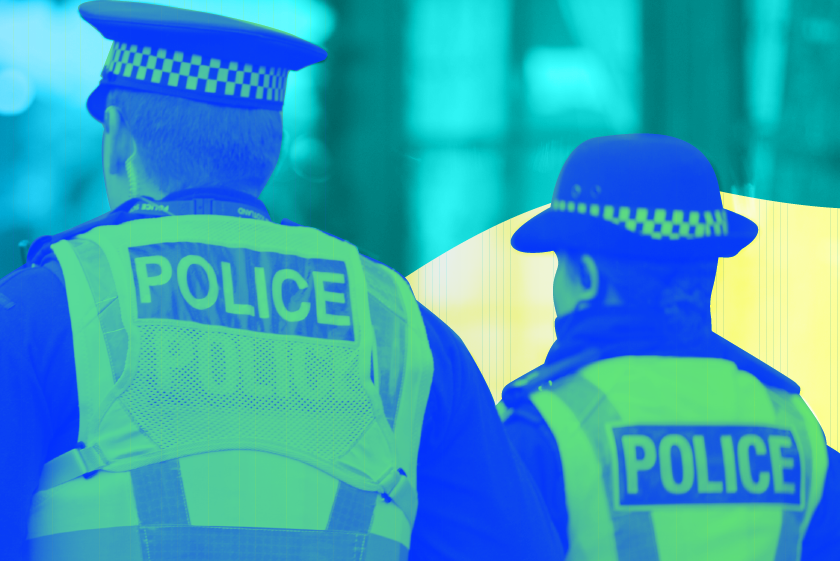How can police forces standardise training?
From dog handlers to police divers, every police officer needs to be trained to deal with dangerous and often unexpected scenarios.
That's where the National Police Curriculum comes in. It's designed to offer learning standards that enable budding police officers to realise their potential, specialise in their chosen area, and – above all – stay safe while fighting crime.
Before we go all Batman and Robin on you, though, let's get back to the standards. Every police force needs to offer training to both new recruits and existing officers – but even though there's a standard set of standards (so to speak), each police force delivers training in a different way. In itself, that's not a problem; every officer is still trained up to an extremely high standard.
But when large-scale events occur and the police literally have to join forces to protect the public, it can turn up the heat on a high-pressure situation. Different training means different responses, which can lead to confusion even amongst the most experienced officers.
So what's the solution? Standardisation. As well as ensuring practices are the same across all forces, standardisation makes training easier, cheaper and better. Here's how police forces across the UK can standardise their training.
Networking and best practice
The best way to find out how others forces are conducting their training is to talk to them. Take every opportunity to share best practice with other forces, and be proactive about organising meetings with them. After all, you're colleagues, not competitors, and collaboration will help you save your force time and money.
Standardise security
Security is a big deal – especially for the police, who deal with incredibly sensitive information. So when it comes to training, make sure you're storing data securely across the board, and that you have the right information security procedures in place. Make sure all your candidates know about appropriate redaction processes, and how to signpost evidence if it's too sensitive to include in their portfolio.
Quality check
Overhaul your quality assurance processes so that they're in line with the Police Service Quality Assurance Scheme (PSQA). The principles are perfect for training – they aim to reduce bureaucracy and duplication, and are based on 6 measurable criteria that can be applied across the entire force.
Use an eportfolio
We know we're biased, but this one's a no-brainer. With an eportfolio, you can create and share templates, courses and reports across centres, meaning that everyone has access to the same material. That makes it easier to deliver, manage and monitor training – and saves both trainees, tutors and quality staff tonnes of time.
OneFile is built for standardisation. Our learning software allows you to share data across approved centres, monitor quality and build courses and templates that can be used time after time. It's also 100% secure, so you'll never have to worry about lost or hacked portfolios again.
Find out more about how OneFile can help you standardise training in your force with our guide.
This article includes research and opinion sourced by OneFile at the time of publication. Things may have changed since then,
so this research is to be used at the reader's discretion. OneFile is not liable for any action taken based on this research.



